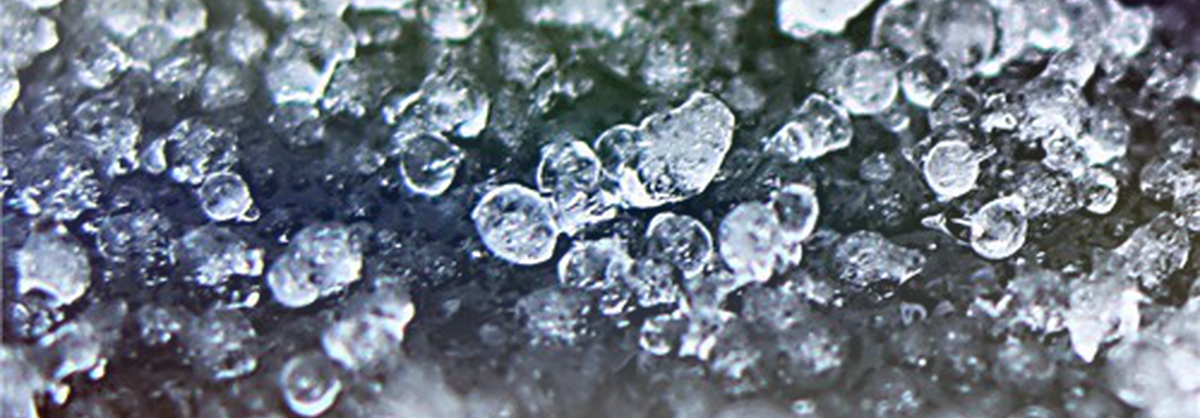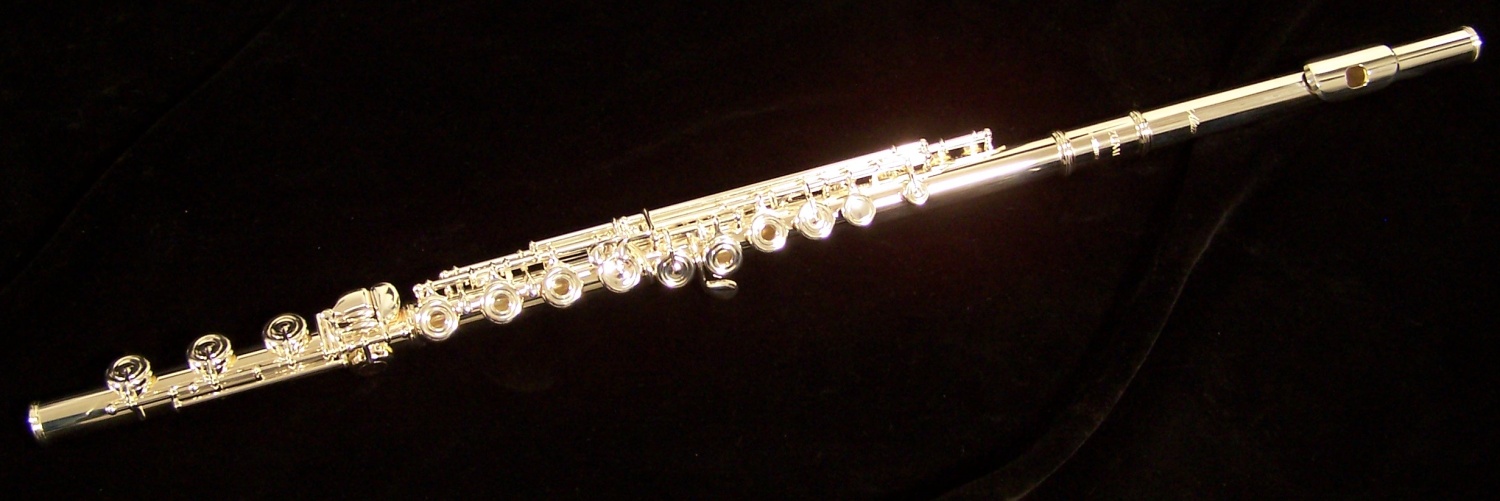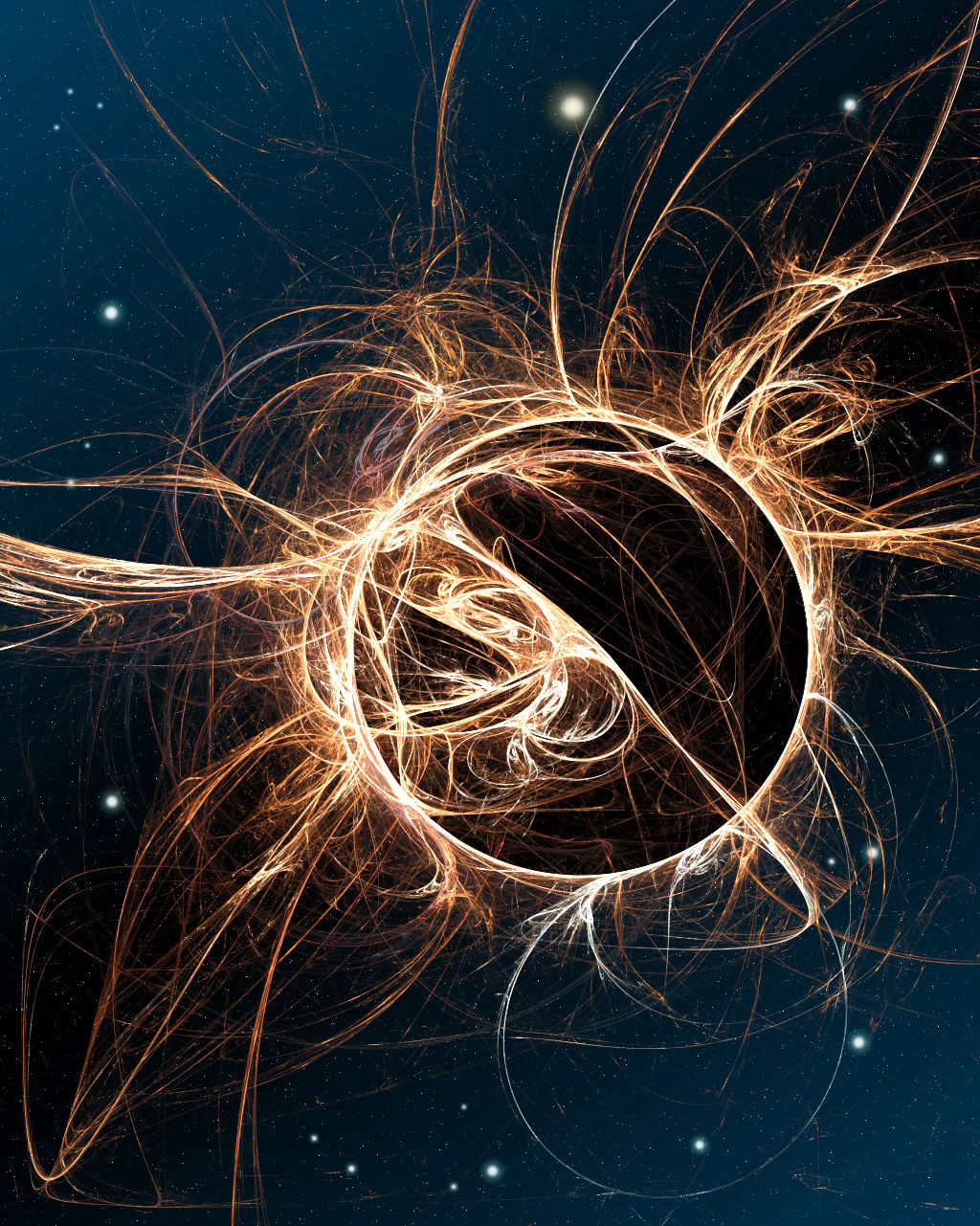
Frozen diamonds greeted my bare feet this morning. Refreshing to the toes and soles, I delighted in the sensation of those crisp, frozen water nodules crackling underfoot. It sleeted sometime in the night–just a little–and it coated the truck, the drive, the ground with glowing shimmers.
Experiencing what we, in zentao, call ‘moment’ keeps me vital and life enraptured. For me, that’s important for my writing, my artwork, and, yes, even for playing my husband’s music. It keeps me enthused and refreshed. Without those experiences, what would life become? Just drudgery and duty? I don’t know.
I do know that I’m never bored, never lacking passion. There’s always something fresh and new to me. For me, experiencing compounds a desire to learn more, and, then, to express anew in word, in sound, in imagery, through my art, my novel writing, my musical performances. So, no, never lonely, never bored.
Life is full and sweet, full of delight. It’s also, of course, filled with hardship, toil, and danger, but, even inside the frenetic and the frantic, there lives ‘moment’–the play of light and shadow, the scent of soil, of wood, of sweat or blood or mud, yes, even muck, the sound of snapping wood and of the storm wind’s turbulence, the sting of frozen fingers thawing, the taste of terror fading on the tongue as panic eases. There’s always something to stimulate an awe in me.
I guess that’s why I’m flummoxed when acquaintances arrive, bemoaning loneliness and boredom. Even when I worked at a job requiring me to perform repetitively like some machine, I never experienced what they suffer, so I never know quite what to do or say. It’s not a shared experience.

 “Could you play it a little less ‘white bread’?” Forrest asks, his eyes kind, but steady on mine, his fingers, as always, delicate in their grip on the neck of his newest guitar, a beautiful instrument that sounds as exquisite as it looks.
“Could you play it a little less ‘white bread’?” Forrest asks, his eyes kind, but steady on mine, his fingers, as always, delicate in their grip on the neck of his newest guitar, a beautiful instrument that sounds as exquisite as it looks.

